Carbonated Drink
Carbonated drinks are among the most popular beverage categories, offering a refreshing balance of flavor and fizz. From classic colas to modern fruit blends, these carbonated drinks continue to evolve to meet changing consumer demands for variety, functionality, and lower sugar content.
This is custom heading element
What is carbonated drink beverage
A carbonated drink, often referred to as a carbonated beverages or simply a soda, is a type of beverage that contains carbon dioxide gas dissolved in a liquid. This carbonation process creates effervescence or “fizz” resulting in a bubbly and refreshing quality. Carbonated drinks can come in a variety of flavors and forms, including soft drinks, soda pop, sparkling drink, seltzer, tonic water, and more. These beverages are typically sweetened and flavored, making them a popular choice for quenching thirst or as an ingredient in mixed drinks and cocktails.
The carbonation in these drinks can occur naturally through the fermentation of sugars by yeast, as in the case of some alcoholic beverages, or it can be artificially induced by adding pressurized carbon dioxide to a liquid. Carbonated drinks often include other ingredients like sweeteners, flavorings, and sometimes caffeine, depending on the specific type of beverage.
Common carbonated drink examples include cola, lemon-lime soda, root beer, ginger ale, and various fruit-flavored sodas. Carbonated water, often available in plain or flavored variations, is another category of carbonated drinks that contains carbon dioxide dissolved in water without additional flavorings or sweeteners.
The most carbonated drink is champagne, generally boasting the strongest carbonation – roughly 1.5 times as much carbonation as a soda.
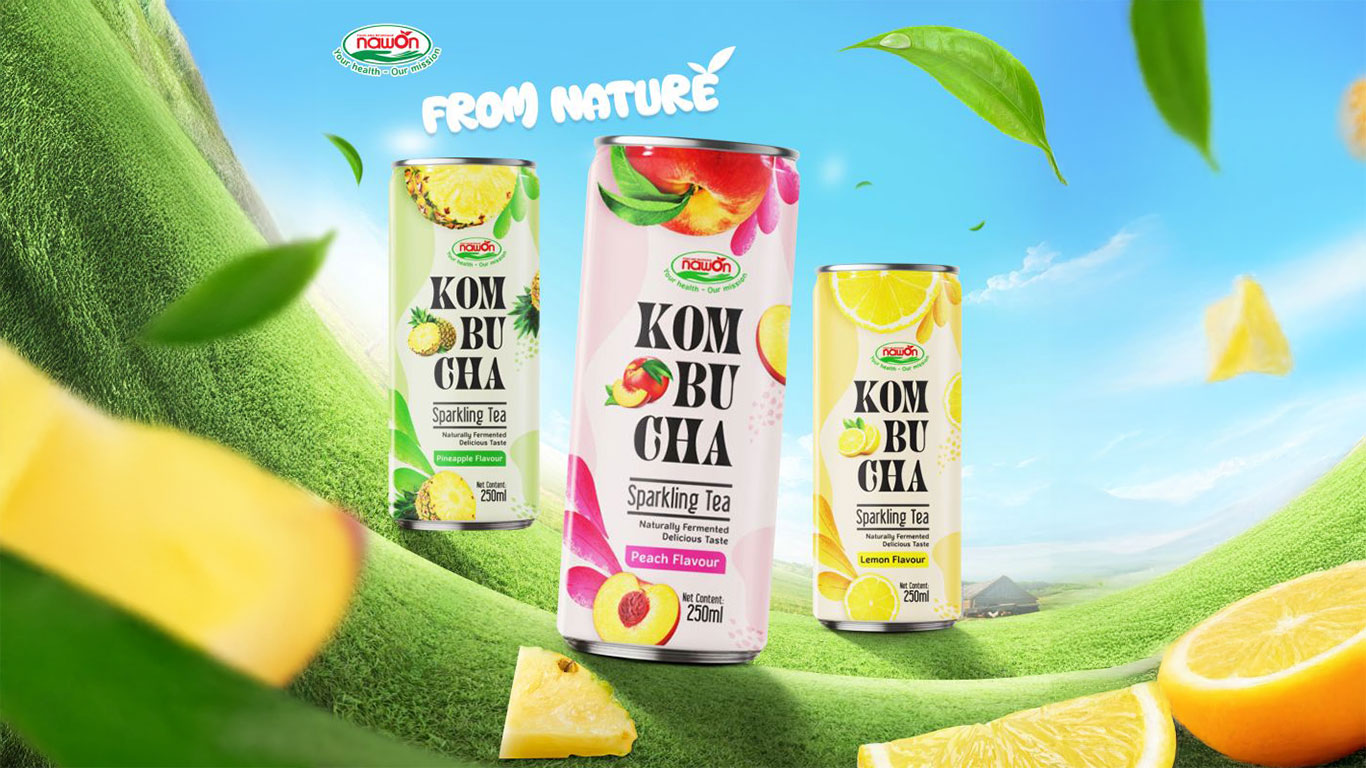
The difference between carbonated drinks and soft drink beverages
Carbonated drink and soft drink beverages are often used interchangeably but have slightly different meanings. Carbonated drinks refer specifically to beverages that contain dissolved carbon dioxide, which gives them their characteristic fizz. These include sodas, sparkling waters, and carbonated teas.
Soft drink beverages, on the other hand, represent a broader category that includes both carbonated and non-carbonated options. Soft drinks may also include still juices, flavored waters, ready-to-drink teas, and energy drinks that do not contain carbonation. All carbonated soft drinks are soft drinks, but not all are carbonated.
Understanding this distinction helps consumers and businesses navigate product lines and select beverages that align with specific market trends and consumer demands.
Popular types of carbonated drinks
Carbonated soft drinks now offer a wide spectrum of choices that cater to a broad audience. Below are some of the most common categories.
Fruit-flavored carbonated drinks
Fruit-flavored carbonated drinks combine the refreshing qualities of soda with the natural appeal of fruit juices. These beverages include orange soda, lemon-lime blends, and tropical fruit combinations. They offer bright, sweet, and slightly tangy profiles, making them a favorite for casual and daily consumption.
Cola and classic carbonated beverages
Cola remains one of the most iconic carbonated soft drink flavors worldwide. Its caramel, vanilla, and subtle spice notes blend creates a familiar and universally recognized taste. In addition to cola, classic flavors like root beer and ginger ale remain steady in global markets, offering traditional enjoyment with every sip.
Functional and sugar-free carbonated soft drinks
Modern consumers increasingly seek carbonated soft drinks that align with health-conscious goals. Functional carbonated beverages include added vitamins, electrolytes, or botanicals that support hydration, digestion, or energy levels. Sugar-free versions use alternative sweeteners to deliver flavor without added calories, appealing to those managing sugar intake or weight control.
Sparkling water and flavored sparkling drink
Sparkling waters have gained significant popularity for their clean, crisp taste and calorie-free profile. Many varieties feature light fruit essences or botanical infusions, creating a refreshing option for daily hydration without added sugars. These products appeal to consumers who prefer simplicity and a touch of flavor.
Carbonated teas and unique blends
Carbonated teas combine the familiar taste of brewed tea with the liveliness of carbonation. Whether using green, black, or herbal bases, these beverages offer depth and complexity alongside a refreshing finish. Unique blends may include combinations of tea, juice, and functional ingredients, delivering creative alternatives for adventurous consumers.
Carbonated drinks good or bad for health
Carbonated drinks can have both positive and negative health effects, depending on various factors, including the type of beverage, frequency of consumption, and individual health considerations. Here are some key points to consider:
Negative health effects of carbonated drink
- High Sugar Content: Many carbonated drinks are high in added sugars, which can contribute to weight gain, obesity, and an increased risk of type 2 diabetes. Regular consumption of sugary sodas has been linked to these health issues.
- Dental Health: The acid and sugar in carbonated drinks can erode tooth enamel and lead to dental cavities and tooth decay. This is particularly problematic if proper oral hygiene is not maintained.
- Bone Health: Some studies suggest that excessive consumption of carbonated drinks may lead to lower bone mineral density, potentially increasing the risk of osteoporosis.
- Empty Calories: Carbonated drinks are often calorie-dense but provide little to no nutritional value. Consuming them can displace healthier food and beverages from one’s diet.
- Caffeine Content: Some carbonated drinks, particularly cola beverages, contain caffeine. Excessive caffeine intake can lead to issues like insomnia, increased heart rate, and nervousness.
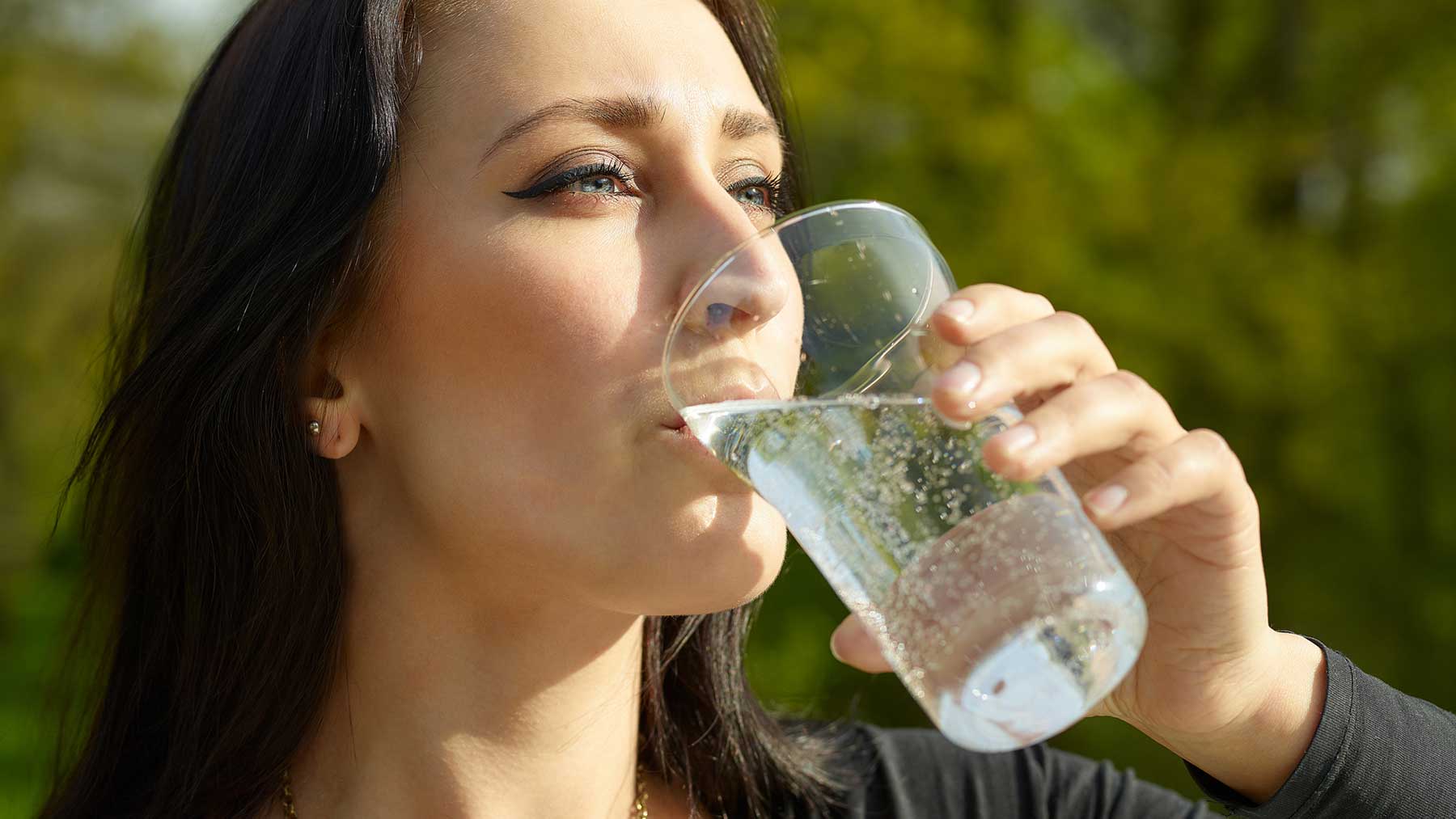
Positive health effects of carbonated drink
- Hydration: Carbonated water, such as seltzer or sparkling water, can contribute to hydration without the added sugars and calories found in sugary sodas.
- Digestion: Some people find that carbonated water can aid in digestion, relieve indigestion or bloating, and provide a sense of fullness.
- Moderation: Consumed in moderation and as an occasional treat, carbonated drinks may not necessarily lead to adverse health effects for everyone.
Top 5 carbonated soft drink brands
There are different types of carbonated drinks. Here is a list of carbonated soft drinks that show 5 brands most popular consumed around the world.
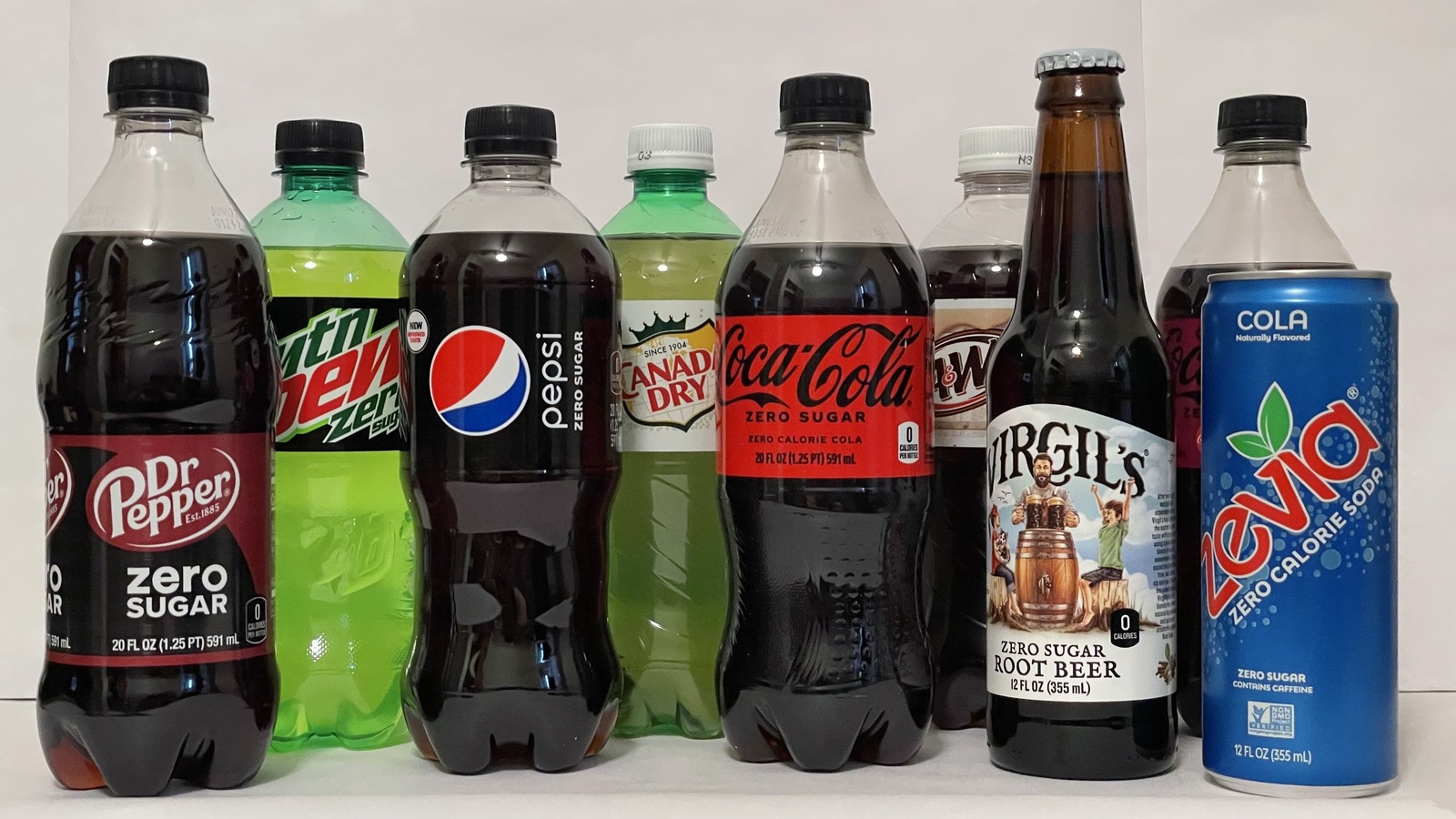
Coca-Cola
One must mention the iconic Coca-Cola to discuss carbonated soft drinks. This legendary brand has been a staple in the industry for over a century. Known for its distinct taste and memorable advertising campaigns, Coca-Cola offers a range of flavors, including Classic, Diet, Zero Sugar, and various limited editions. Whether enjoyed on its own or mixed with other beverages, Coca-Cola continues to be a beloved choice for soda lovers.
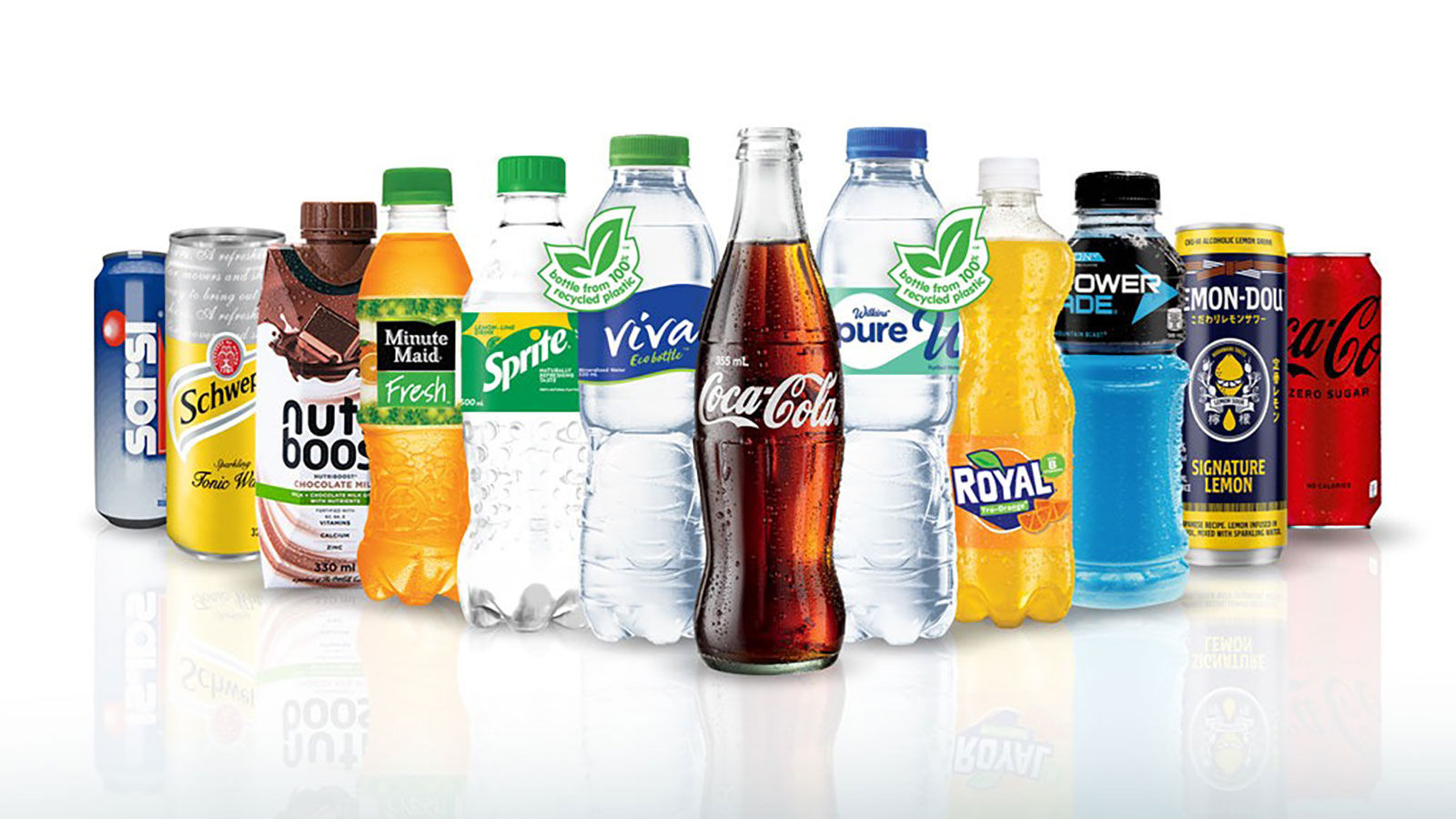
Pepsi
Pepsi, the eternal rival of Coca-Cola, holds its own in the carbonated soft drink market. Pepsi has carved a niche for itself with its bold and refreshing taste. The brand offers a diverse lineup, including Pepsi Cola, Diet Pepsi, Pepsi Zero Sugar, and the popular Mountain Dew. Pepsi’s distinct flavor and innovative marketing campaigns have made it a favorite among soda enthusiasts worldwide.
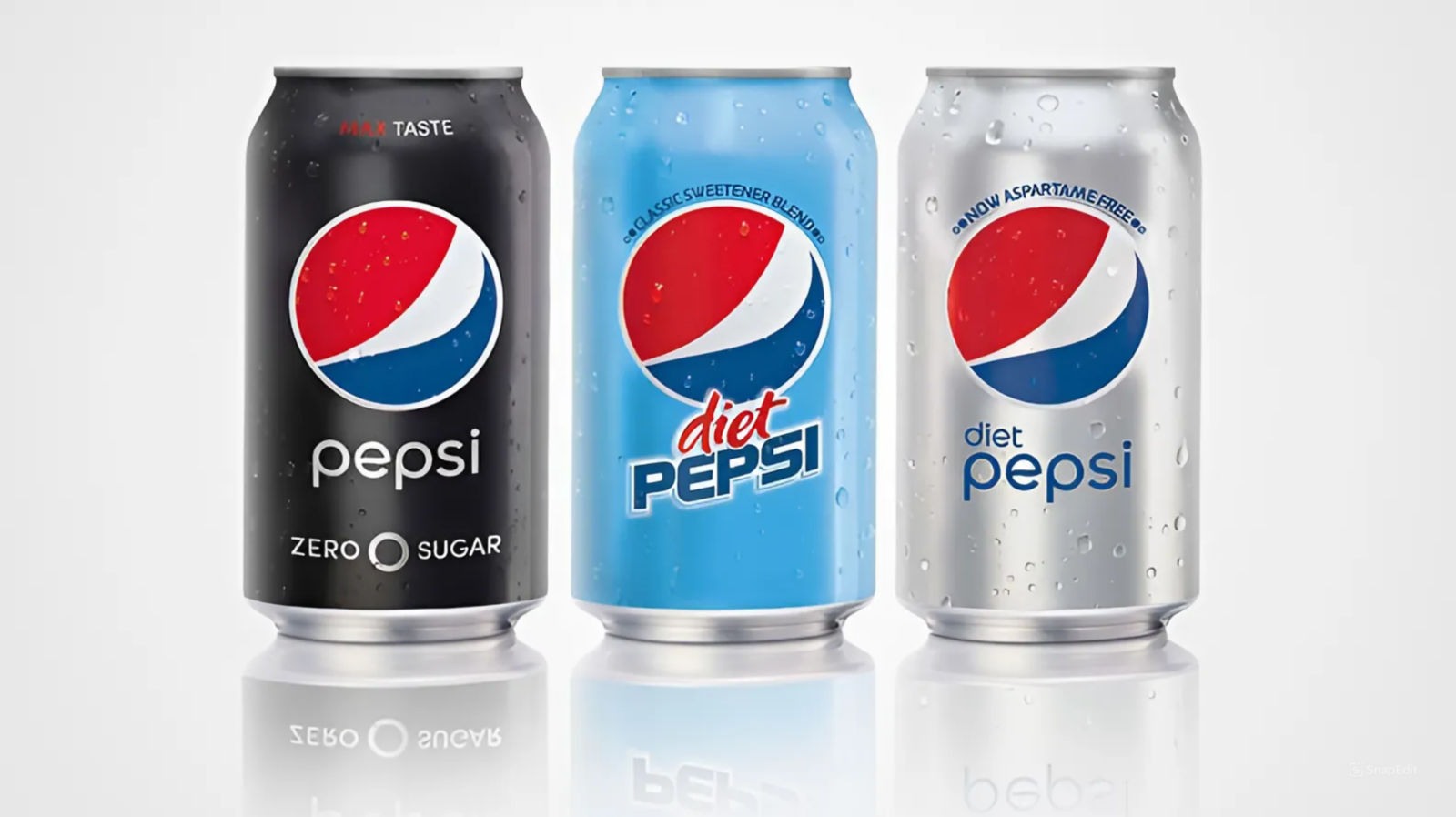
Dr Pepper
Known for its unique flavor profile, Dr Pepper has become a cult favorite in the carbonated soft drink industry. This soda brand combines 23 flavors, giving it a distinct taste that differentiates it from its competitors. Dr Pepper’s loyal fan base appreciates its bold and delicious flavor, making it a popular choice for those seeking a different soda experience.
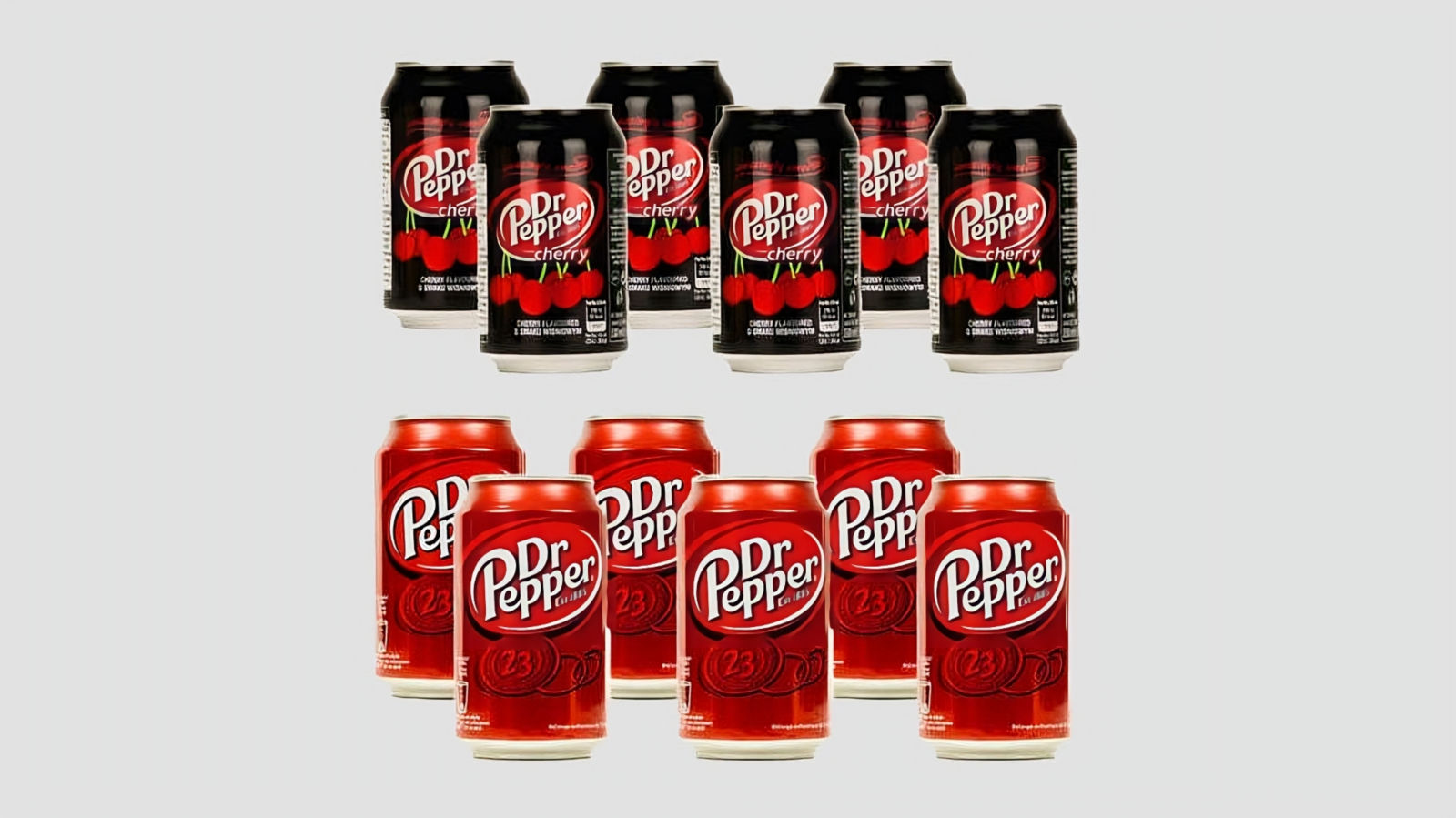
Sprite
Sprite is the go-to carbonated soft drink brand for those who prefer a crisp and lemon-lime flavor. Produced by The Coca-Cola Company, Sprite offers a refreshing and caffeine-free option. With its clear and bubbly nature, Sprite is often enjoyed as a standalone beverage or used as a mixer in various cocktails.
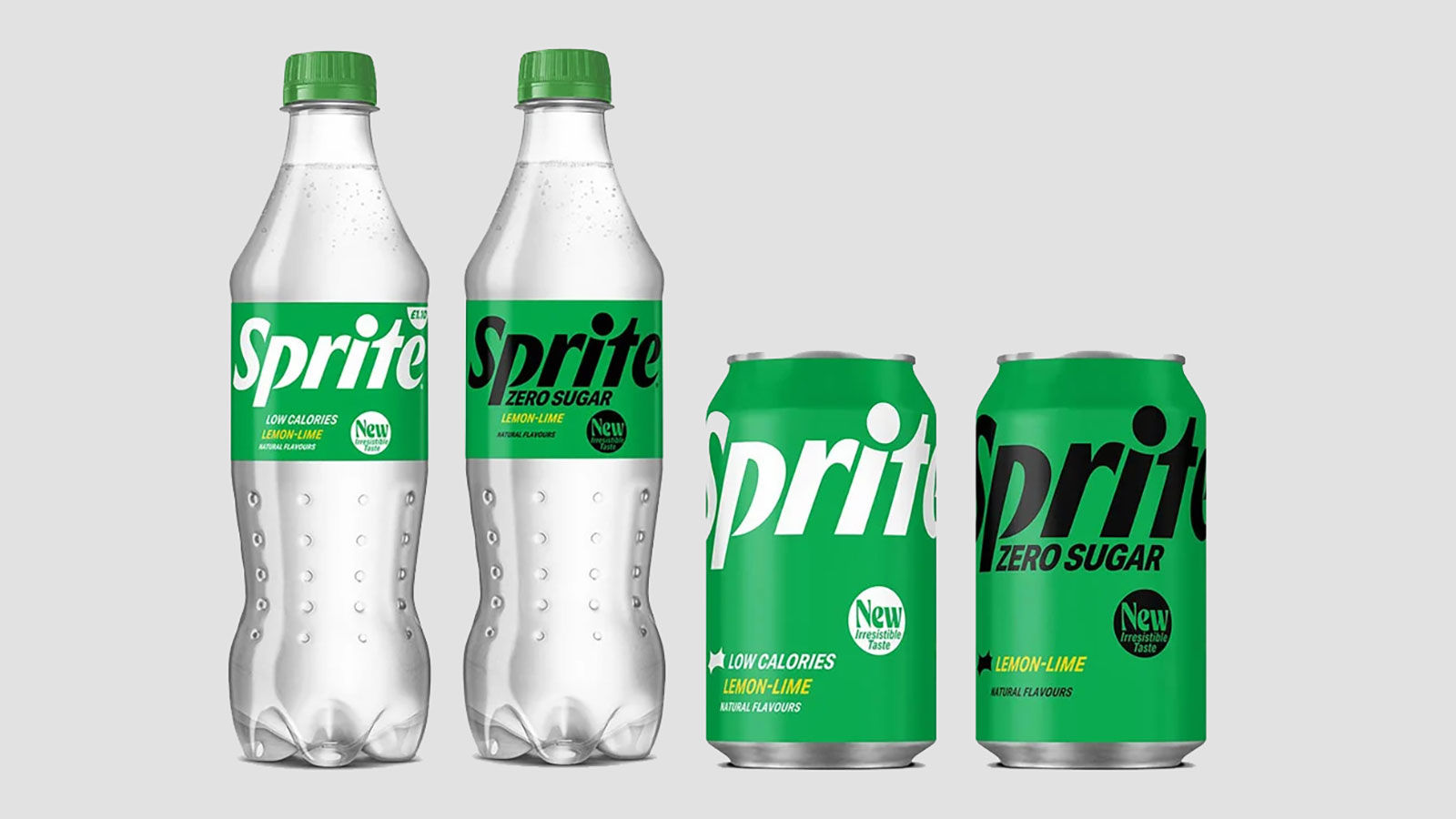
Fanta
Fanta is a brand known for its wide range of fruity flavors. From orange to grape, strawberry to pineapple, Fanta offers a vibrant and exciting selection of sodas. This carbonated soft drink brand is popular among children and adults thanks to its refreshing taste and colorful packaging.
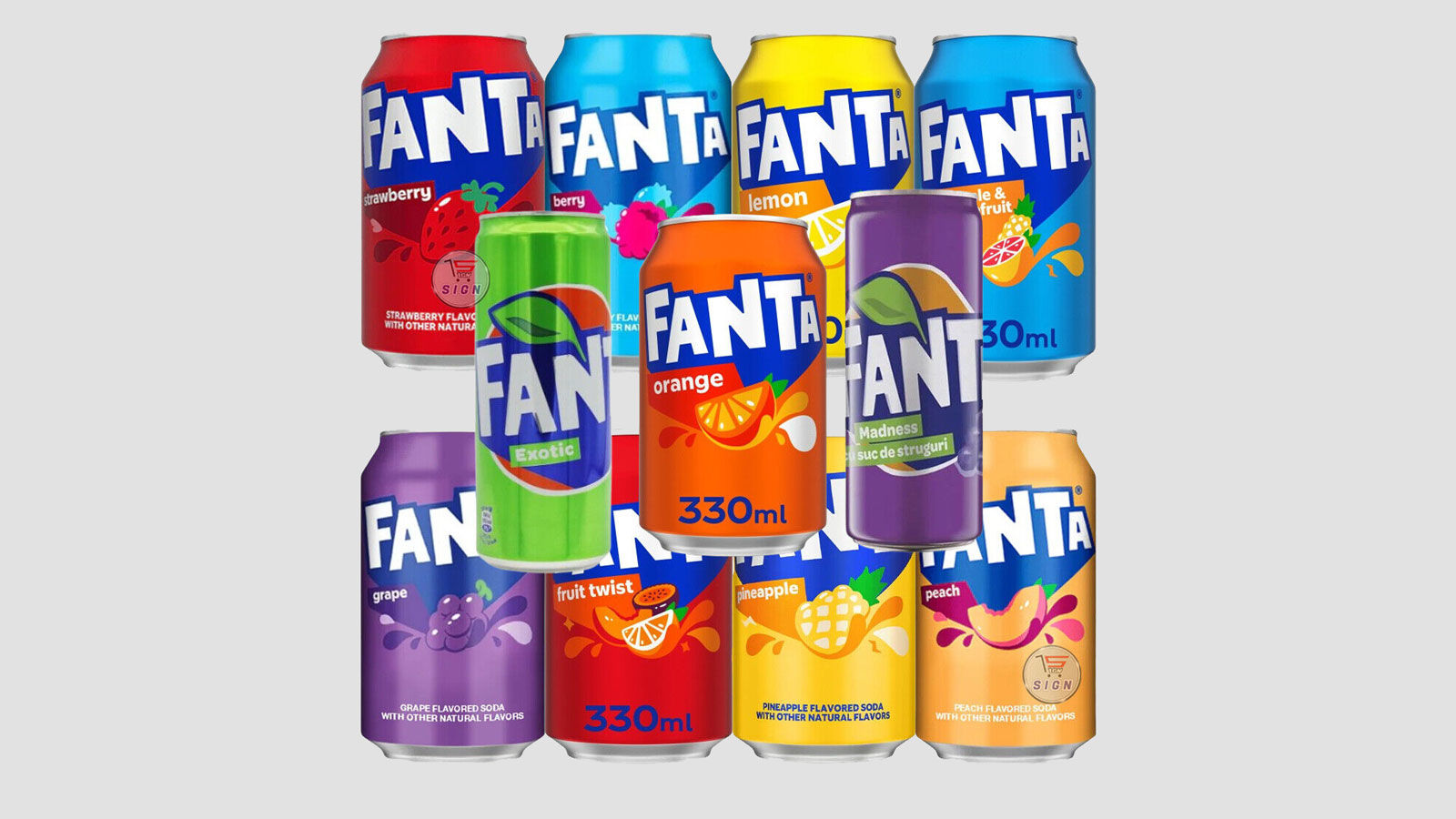
7UP
7UP is another well-known carbonated soft drink brand famous for its lemon-lime flavor. This soda is often chosen for its crisp and citrusy taste, making it a refreshing choice on a hot summer day. 7UP is also frequently used as a cocktail mixer, adding a tangy twist to classic recipes.
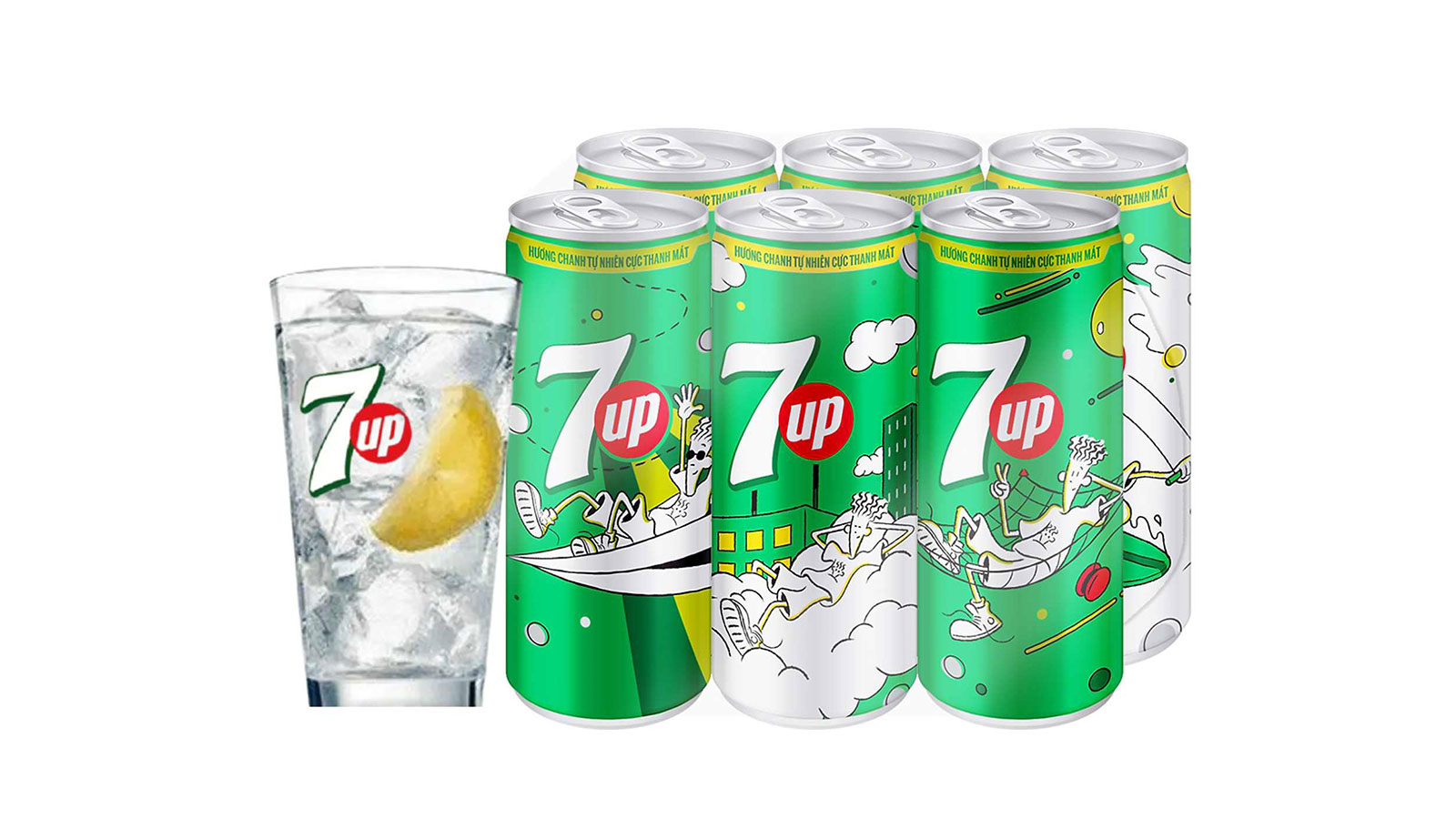
Mountain Dew
Mountain Dew is a brand that has gained a dedicated following for its energizing and citrusy taste. Known for its vibrant green color, this carbonated soft drink packs a punch with its bold flavor and hint of caffeine. Mountain Dew offers a range of variations, including regular, diet, and various exciting limited edition flavors, making it a popular choice among those seeking an intense and exhilarating soda experience.
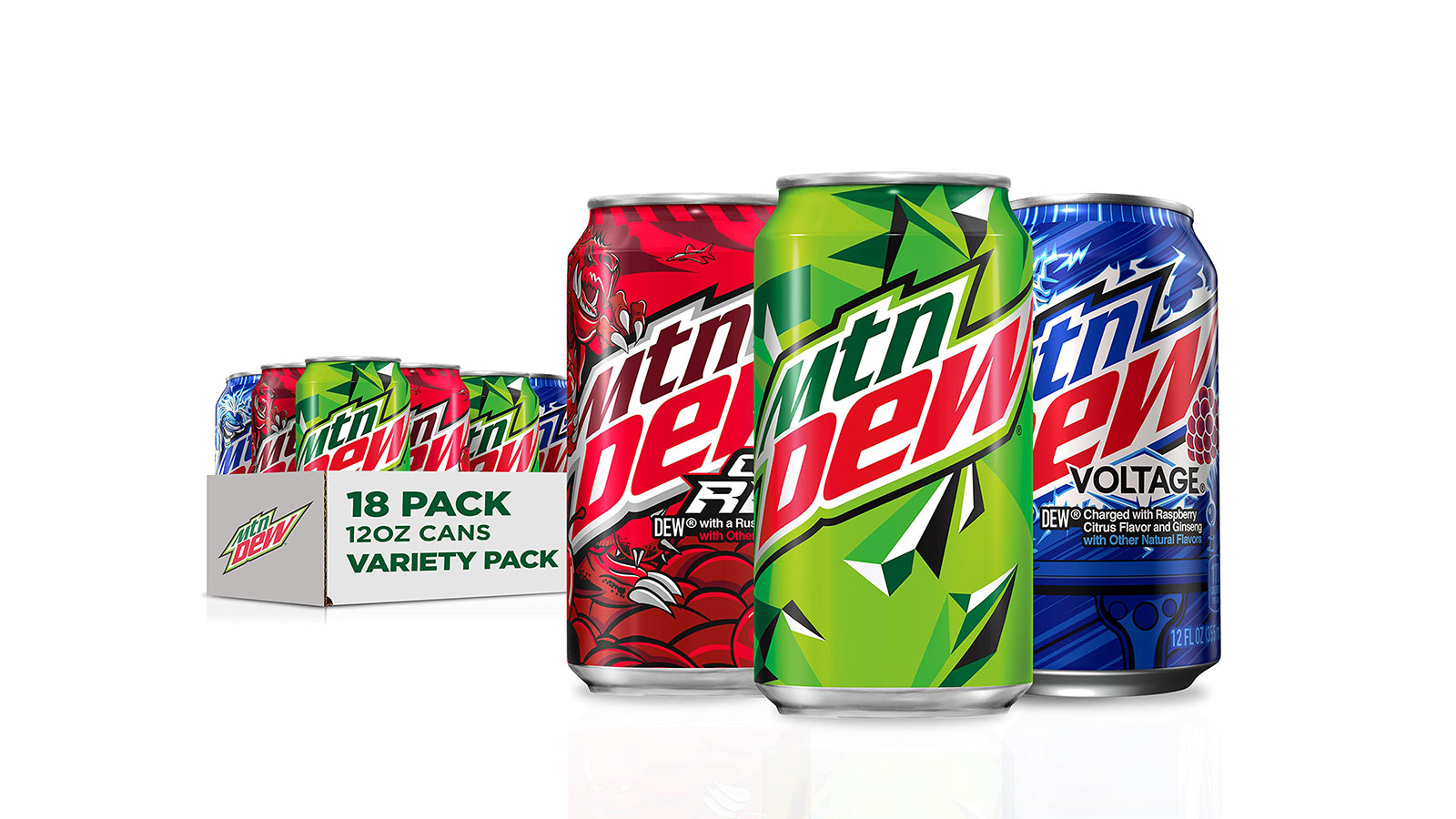
San Pellegrino
San Pellegrino is renowned for its sparkling mineral water, but it also offers a line of carbonated soft drinks that capture the essence of Italian flavors. With options like Aranciata (orange), Limonata (lemon), and Chinotto (bitter orange), San Pellegrino provides a taste of Mediterranean indulgence. These sodas are often a sophisticated and refreshing alternative to traditional sugary drinks.
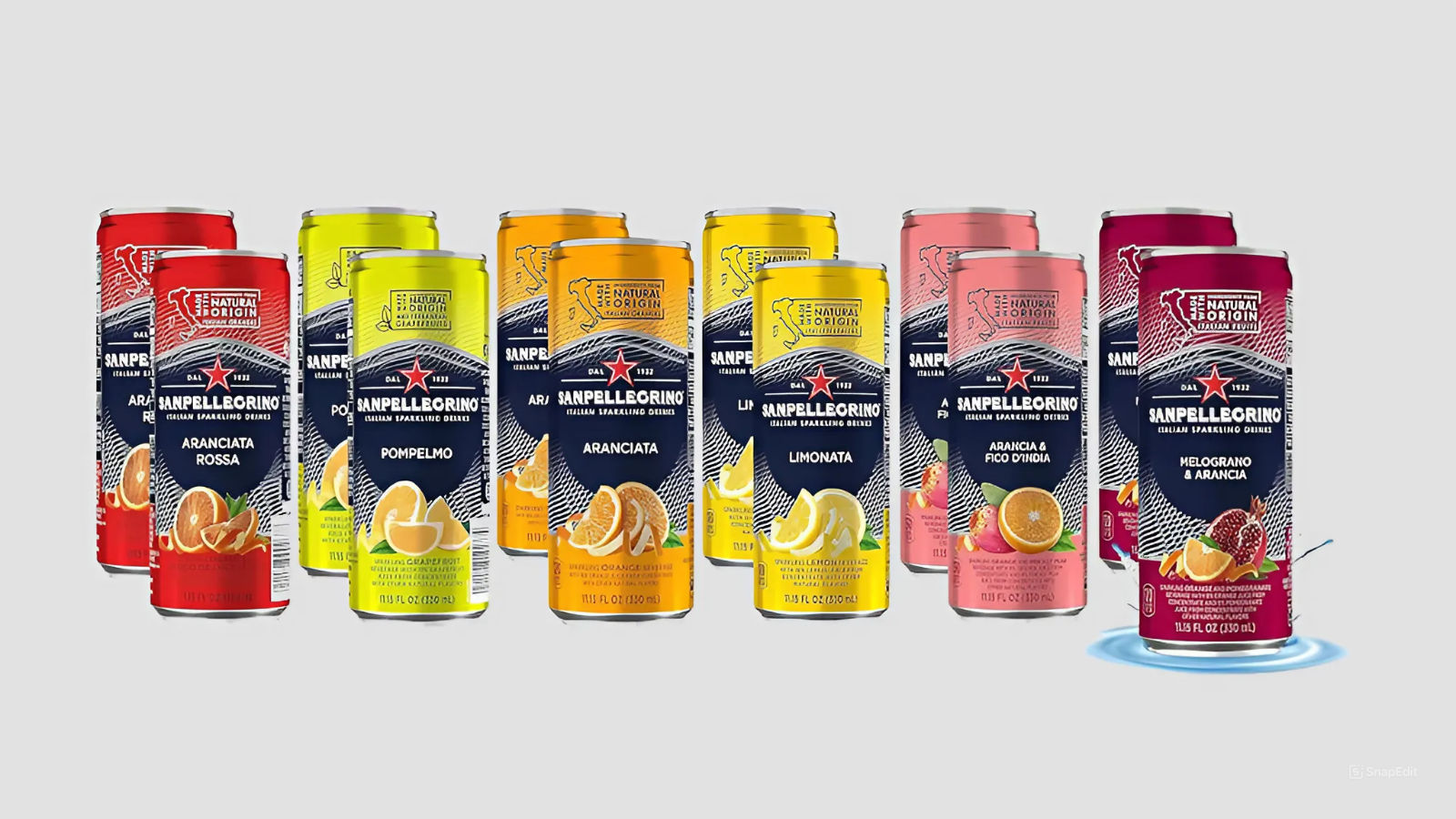
Red Bull
Red Bull is a global leader in the energy drink market. Introduced in 1987, the brand quickly gained recognition for its distinctive slim can and potent energy-boosting properties. Red Bull contains ingredients such as caffeine, taurine, B vitamins, and sugars, which provide a quick burst of energy and mental alertness. While not carbonated traditionally, Red Bull contains carbonation, adding a slight fizz to its signature flavor.
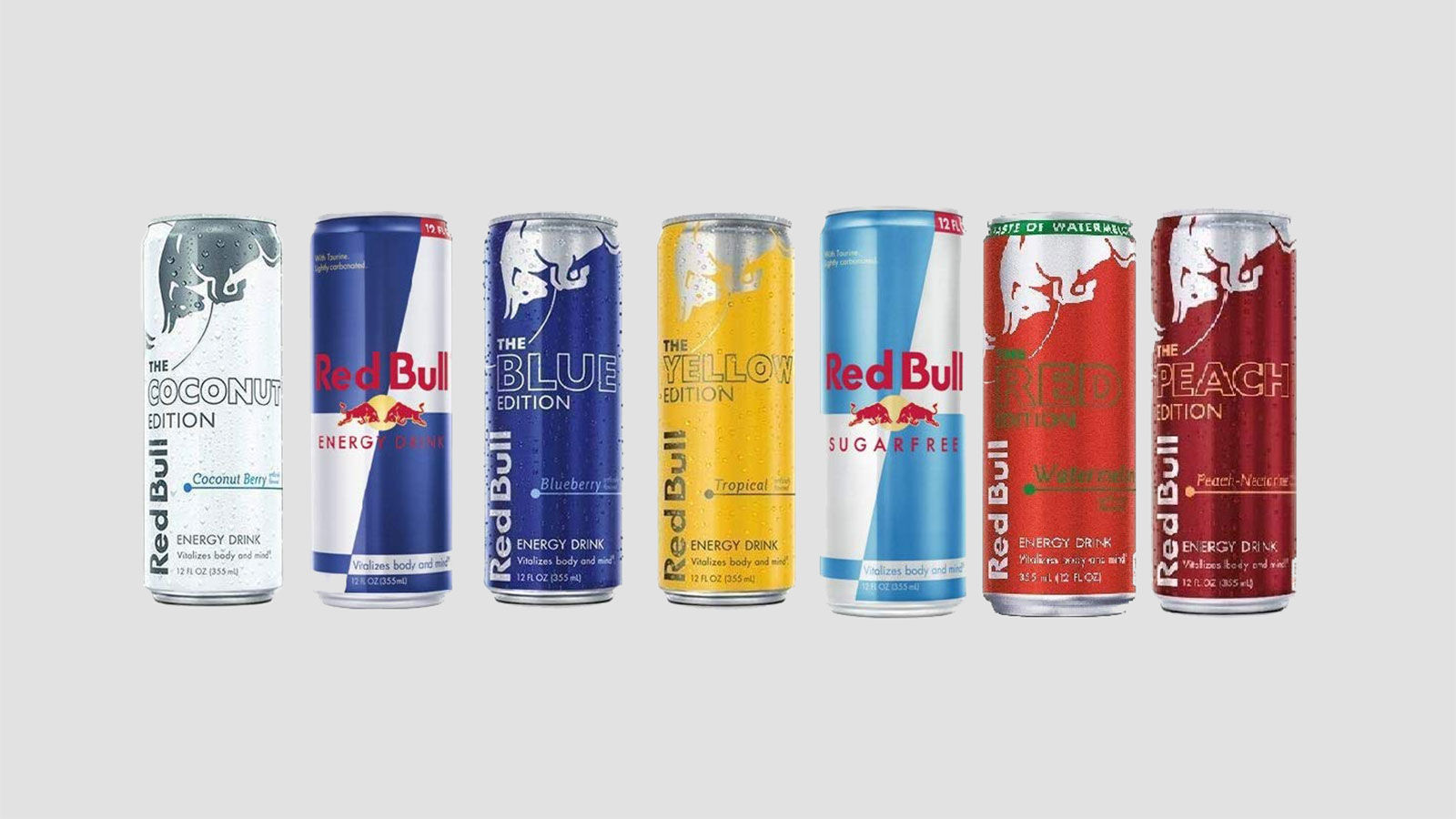
Monster Energy
Monster Energy, produced by Monster Beverage Corporation, is another prominent player in the energy drink market. Monster Energy distinguishes itself with its larger can size and edgy branding, appealing to a younger demographic. The carbon soda drink brand sponsors various sports events, music festivals, and extreme sports competitions, further solidifying its connection with adrenaline-fueled activities.
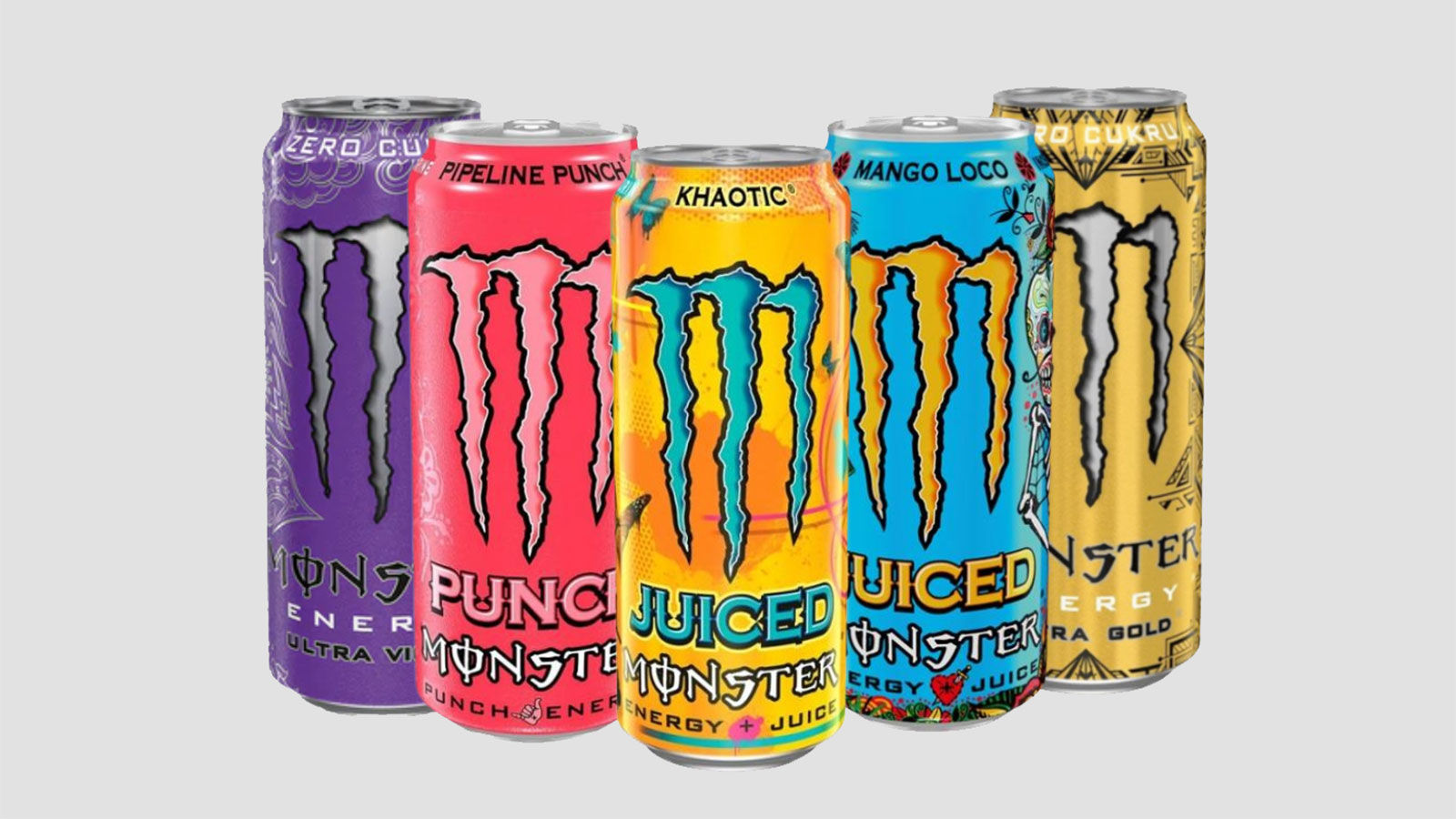
Explore Nawon’s carbonated drink collection
Nawon offers a comprehensive carbonated soft drink lineup to meet diverse consumer tastes and international market standards. Each product is developed with attention to flavor, quality, and consistency, providing a broad selection suitable for multiple retail channels and customer segments.
List Of Carbonated Drink
List of Carbonated Juice Drinks
Nawon’s carbonated juice drink (sparkling juice) collection combines vibrant flavors and refreshing carbonation to create a lively drinking experience. Each product blends the natural taste of fruits with a light, crisp finish that appeals to a wide range of consumers. Explore our full selection of carbonated fruit drinks to discover options that combine flavor, variety, and market-ready quality for your product lineup.
List of Carbonated Tea Drinks
Nawon’s carbonated tea drink (sparkling tea) collection offers a refreshing combination of brewed tea and gentle carbonation. These products deliver the familiar taste of tea with a light, crisp finish that enhances the drinking experience. Explore our range of carbonated tea drinks to discover market-ready options that bring variety, innovation, and clean-label appeal to your product selection.
List of Carbonated Milk Drinks
Nawon’s carbonated milk drink collection combines creamy dairy textures and light carbonation to create a refreshing and smooth drinking experience. These beverages offer a unique combination of sweetness and fizz, appealing to consumers seeking new flavors beyond traditional soft drinks. Explore our selection of carbonated milk drinks to discover versatile products ready for global markets and diverse consumer tastes.
List of Carbonated Coconut Drinks
Carbonated coconut drink (spakling coconut water) combines natural hydration with a crisp, bubbly sensation that refreshes from the first sip. With its subtle sweetness and clean mineral notes, coconut water becomes even more vibrant when lightly carbonated. Nawon’s sparkling coconut water enhances this experience by pairing pure coconut taste with delicate fizz, creating a drink that feels light, energizing, and satisfying. Discover the whole collection to enjoy hydration with character and a tropical twist.
The extensive list of carbonated drinks above offers various flavors, formats, and refreshing experiences for modern consumers. Each product delivers a unique balance of taste and carbonation, from classic colas to fruit-flavored blends, functional formulas, and sparkling teas. Nawon carefully develops these beverages to combine consistent quality, diverse options, and global market readiness.
As your trusted carbonated soft drink supplier, we provide a full range of export-ready products and OEM customization to help you build competitive beverage offerings. Please explore our carbonated soft drink collection to find the right solutions for your business needs.

